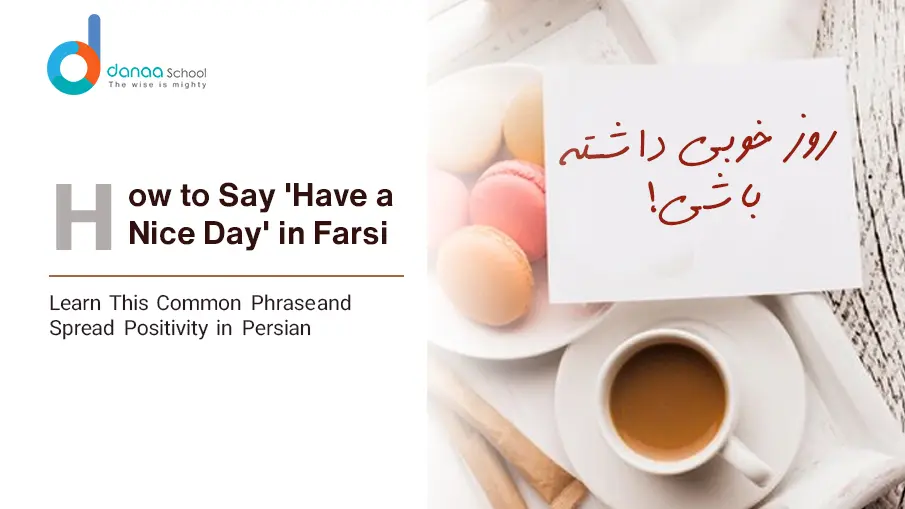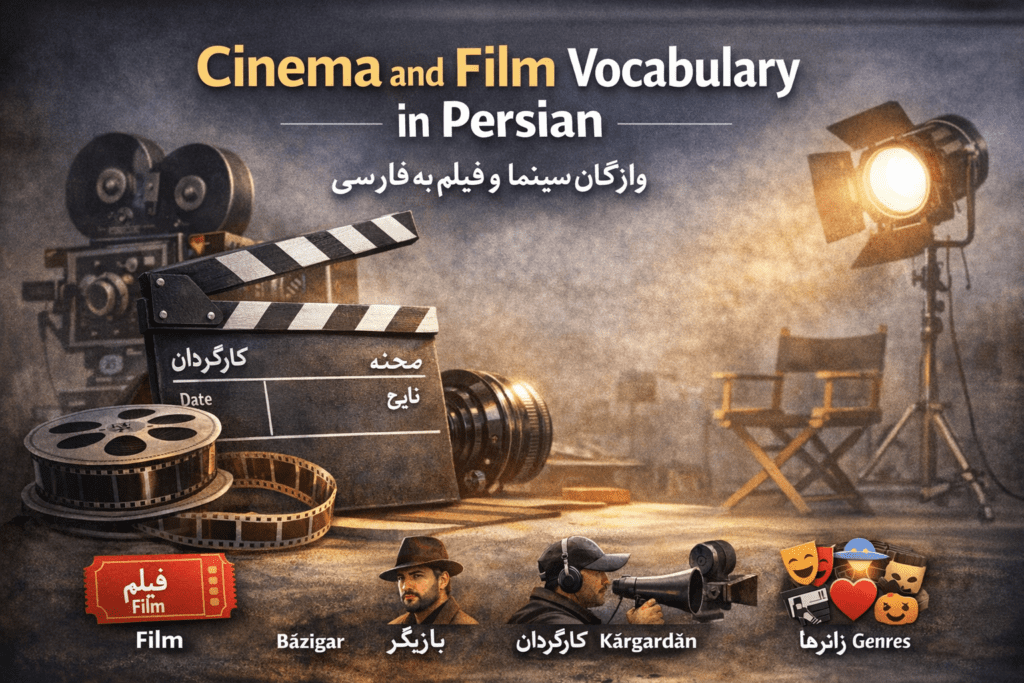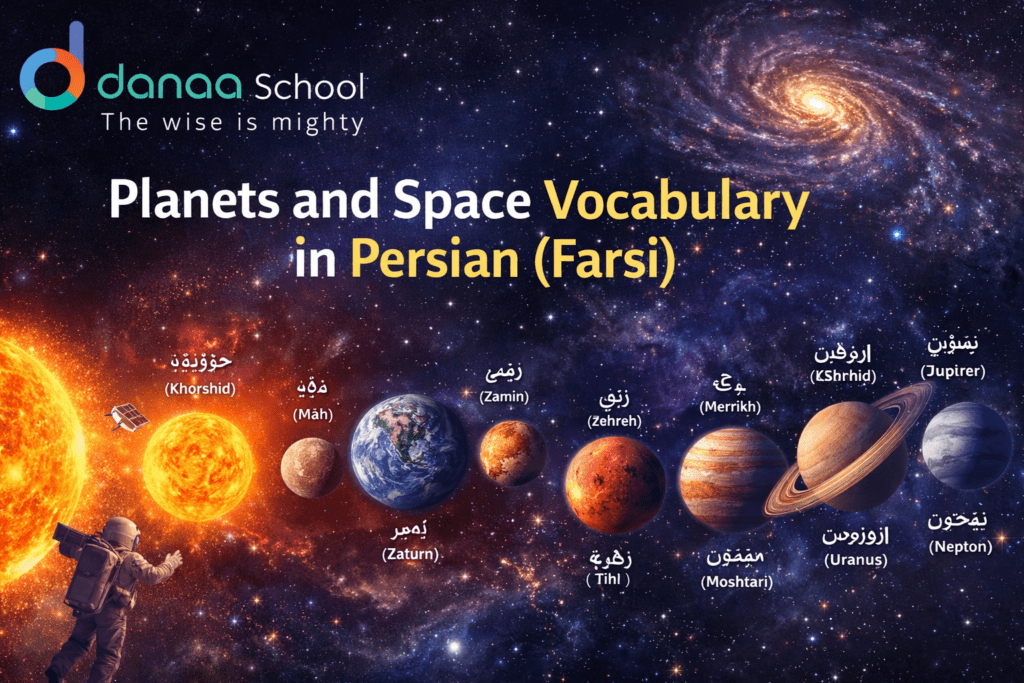Learning a new language is always a rewarding journey, and if you’re setting your sights on Farsi, you’re in for an adventure! Persian, or Farsi, is rich in culture, history, and expressions that beautifully capture the essence of communication in Iranian society.
Whether you’re learning Farsi to connect with friends, prepare for a trip, or simply because you’re fascinated by the language, greetings are a fundamental place to start. In this article, we’ll cover some of the most common Farsi greetings, including how to say Have a nice day in Farsi and other useful Persian phrases.
How to Say “Have a Nice Day” in Farsi
The phrase for “Have a nice day” in Farsi is:
روز خوبی داشته باشید (Rooz-e khoobi daashteh baasheed)
This is a polite and formal way to wish someone well for the day ahead. Let’s break it down:
- روز (Rooz) means “day.”
- خوبی (Khoobi) means “good” or “nice.”
- داشته باشید (Daashteh baasheed) translates to “may you have” or “have.”
When spoken informally, you can say:
روز خوبی داشته باش (Rooz-e khoobi daashteh baash)
This informal version is commonly used with friends, family, or people you know well.
Have a Nice Day & More Useful Farsi Phrases
Once you know how to say “Have a nice day” in Farsi, you may also want to learn other common phrases to enhance your conversations. Here are a few essential ones:
1. Hello / Hi – سلام (Salaam)
Salaam is the simplest and most common greeting in Farsi. It can be used in both formal and informal settings.
2. Good Morning – صبح بخیر (Sobh Bekheir)
Farsi speakers often greet each other with Sobh Bekheir in the morning. It literally translates to “Good morning” and is an excellent way to start the day on a positive note.
3. Good Night – شب بخیر (Shab Bekheir)
To wish someone a good night, use Shab Bekheir. This phrase is perfect when parting ways with someone at night or before going to bed.
4. How Are You? – حال شما چطور است؟ (Haal-e shomaa chetor ast?)
If you want to ask someone how they are doing, you can say Haal-e Thomas chetor ast? This is the formal version of the question. To ask informally, simply say Haalet chetoreh?
5. Thank You – متشکرم (Motashakkeram)
A polite way to express gratitude in Farsi is Motashakkeram. In casual situations, you can also say مرسی (Merci), which is borrowed from French but widely used in everyday conversation.
6. Please – لطفا (Lotfan)
Whenever you need to be polite and make a request, use Lotfan for “please.” It’s an excellent way to soften your requests and show respect
Farsi and Iranian Culture
One thing you’ll notice quickly about the Persian language is that it’s rich in expressions of politeness and respect. This reflects the culture of Iran, where hospitality and warm greetings are highly valued. When greeting someone in Farsi, it’s not unusual to exchange several pleasantries before getting to the main point of the conversation. These small interactions build rapport and are a key aspect of daily life.
Practical Tip:
When learning Farsi greetings, tone and pronunciation matter as much as the words themselves. For example, “Salaam” can be spoken in a warm, friendly way to immediately convey a sense of openness. Don’t worry if you don’t nail the accent at first—Iranians appreciate any effort you make to speak their language.
How to Learn Farsi with Danaa School
If you’re serious about learning Farsi, you’ll want a structured course that covers all aspects of the language—from grammar to conversational fluency. Danaa School offers an excellent Farsi course tailored to all levels of learners, from beginners to advanced speakers.
Danaa instructors are experts in the Persian language and culture, with years of teaching experience. The courses are designed to not only teach you how to say basic greetings like “Have a nice day” but to help you understand the nuances of the language. You’ll dive deep into the structure of Farsi, cultural expressions, and even regional dialects that can give you a well-rounded perspective on how Persian is spoken across Iran.
Why Learn Farsi?
Learning Farsi is not just about acquiring a new language—it’s about engaging with a culture that has a long, fascinating history. Whether you’re planning to visit Iran, want to connect with Persian-speaking communities, or just love learning new languages, Farsi offers an enriching experience.
By taking the time to master Farsi greetings, you’ll be able to open doors to new friendships, business opportunities, and deeper cultural understanding. Plus, you’ll impress native speakers with your ability to navigate the language with ease!
Meet Danaa’s Expert Instructors
Danaa School prides itself on its highly skilled instructors. Each teacher brings unique expertise to the classroom, blending academic knowledge with real-world experience to create an engaging learning environment. They’re not just fluent in Farsi but also in teaching it in a way that’s easy to understand and retain.
Meet Danaa’s Professional Tutors
-
- Lida A. (United States)
Lida brings a wealth of experience in teaching Persian to non-native speakers. With a 5-star rating, her lessons emphasize conversational skills and cultural immersion. She’s taught over 14 students and offers a structured, enjoyable learning path for beginners.
- Lida A. (United States)
-
- Sara J. (Canada)
Sara is a dedicated instructor specializing in both Persian and Farsi. Her lessons are designed for learners at all levels, focusing on grammar, vocabulary, and sentence structure. Sara’s engaging teaching style has helped students build a solid foundation in Farsi.
- Sara J. (Canada)
-
- Saeedeh M. (Iran)
With a deep understanding of Persian literature and culture, Saeedeh offers an insightful learning experience. Her classes go beyond language, diving into the cultural aspects of Farsi, making her ideal for students who want to connect with Persian heritage.
- Saeedeh M. (Iran)
-
- Nafiseh R. (Turkey)
As a community tutor, Nafiseh focuses on creating a friendly, conversational environment. Her Farsi lessons help students build confidence in everyday speaking, making her classes perfect for beginners who want to improve their fluency.
- Nafiseh R. (Turkey)
By enrolling in Danaa’s Farsi course, you’ll have the opportunity to learn from passionate educators like Shirin and Arman, who ensure that learning Farsi is fun, engaging, and highly rewarding.
FAQs
What is the informal way of saying "Have a nice day" in Farsi?
The informal way of saying “Have a nice day” is روز خوبی داشته باش (Rooz-e khoobi daashteh baash).
How do you say "Thank you" in Farsi?
In Farsi, you can say “Thank you” as متشکرم (Motashakkeram) or use the more casual مرسی (Merci).
What is the most common greeting in Farsi?
The most common greeting in Farsi is سلام (Salaam), which means “Hello.”
Is Farsi a difficult language to learn?
Farsi has its challenges, especially with its script and pronunciation, but with practice and dedication, it can be learned effectively.
What countries speak Farsi?
Farsi is primarily spoken in Iran, Afghanistan (where it is called Dari), and Tajikistan (where it is called Tajik), along with Persian-speaking communities around the world.
How do you say "Goodbye" in Farsi?
A common way to say goodbye in Farsi is خداحافظ (Khodaa haafez), which means “May God protect you.”
Ready to Start Your Farsi Journey?
If you’re eager to explore the Persian language and learn more than just greetings, why not sign up for Danaa School’s Farsi course? With expert instructors, engaging lessons, and a community of learners just like you, you’ll be well on your way to mastering Farsi in no time. Sign up today and start your Farsi journey with Danaa School!









